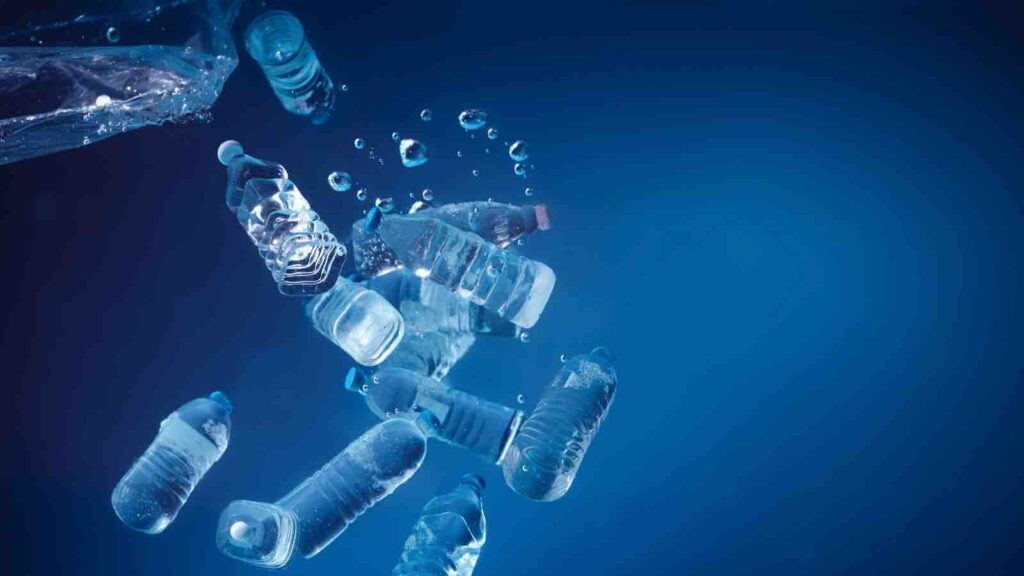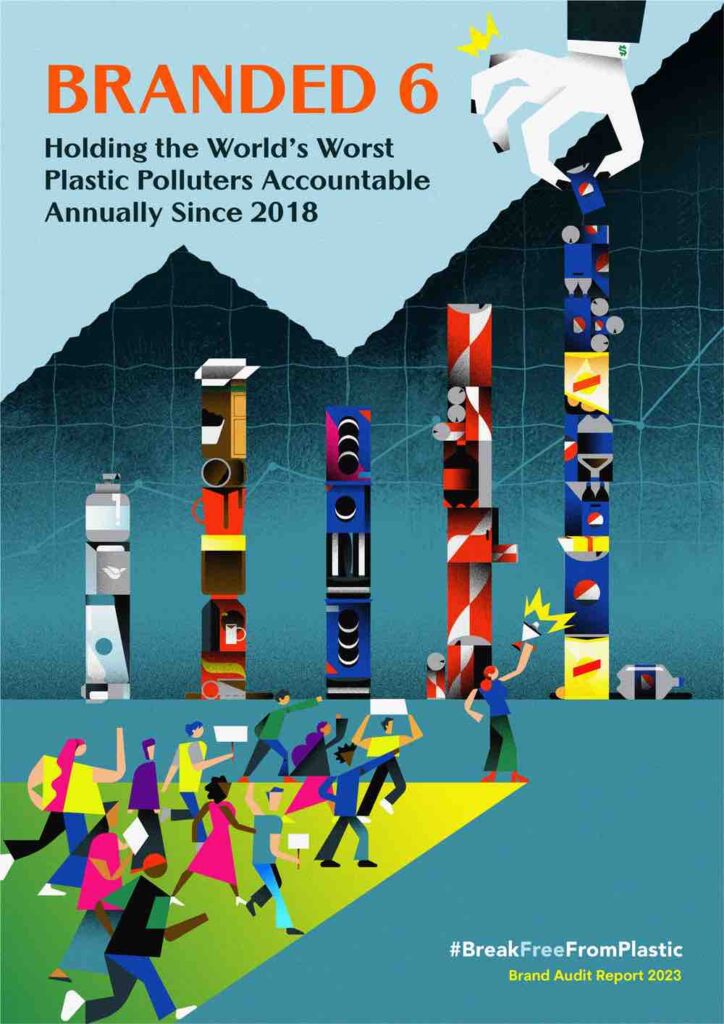This year’s Global Brand Audit by Break Free From Plastic, a collective effort involving 8,804 volunteers across 41 countries, meticulously cataloged 537,719 pieces of plastic waste; with items such as beverage bottles, food wrappers, and containers dominating the list of pollutants.
The 2023 Global Brand Audit has once again spotlighted The Coca-Cola Company as the world’s leading plastic polluter, marking its products as the most prevalent in global plastic waste. This revelation comes from the Break Free From Plastic (BFFP) movement, an initiative dedicated to eradicating plastic pollution worldwide.
RELEVANT SUSTAINABLE GOALS


2023 Global Brand Audit by Break Free From Plastic
This year’s audit, a collective effort involving 8,804 volunteers across 41 countries, meticulously cataloged 537,719 pieces of plastic waste. The process illuminated the corporate giants behind the burgeoning crisis of plastic pollution. Among the culprits, alongside Coca-Cola, were industry behemoths such as Nestlé, Unilever, and PepsiCo, with the latter’s plastic waste surpassing Coca-Cola’s for the first time, though in a lesser number of countries.
The In 2023, 250 brand audits were conducted by 8,804 volunteers in 41 countries. Together they collected and audited 537,719 pieces of plastic waste. Participants from 97 civil society organizations documented 6,858 brands from 3,810 parent companies.
The audit’s findings underscore the pervasive issue of food packaging as a primary source of plastic waste, with items such as beverage bottles, food wrappers, and containers dominating the list of pollutants. This year’s audit not only pinpointed the top polluters but also paved the way for legal actions against corporations like Danone, Coca-Cola, and Nestlé in Europe, highlighting the audits’ critical role in fostering corporate accountability.
In light of these findings, BFFP urges consumer goods companies to take decisive steps toward transparency and sustainability. This includes disclosing plastic usage, rejecting ineffective ‘solutions’ like incineration and chemical recycling, and fundamentally rethinking business models to eliminate single-use plastics in favor of reusable, refillable, or package-free alternatives.
The call to action is clear: it’s time for a shift towards sustainable practices that prioritize the planet over convenience, challenging corporations to lead the way in ending the single-use plastic epidemic.
Lead image courtesy of Nambitomo from Getty Images
You may also be interested in :
10 Circular Economy Trends To Look Out For In 2024, Reshaping Production and Consumption




